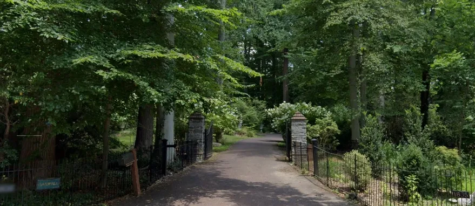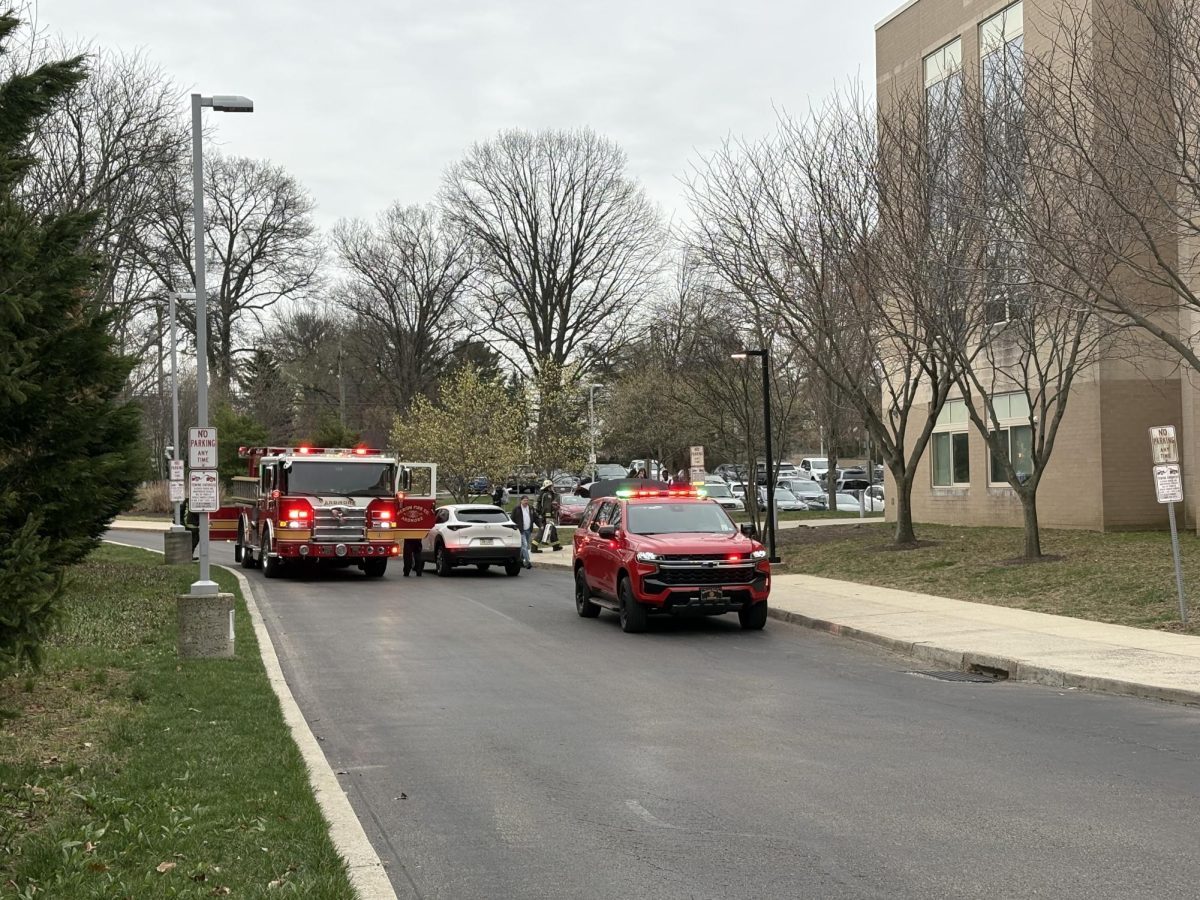Ongoing protest and increasingly heated debate surrounding Oakwell forest has been mounting for months, reaching its apex this past winter with widespread community and student engagement. Polarizing debate surrounding LMSD’s plans to build new sports fields—specifically soccer, field hockey, and lacrosse fields for the new Black Rock Middle School—on Oakwell forest has led to widespread controversy attracting state-wide attention. The plan started following LMSD’s 2019 seizure of the land through eminent domain for a total of $12.9 million. Organizations such as Save Oakwell and Preserve Oakwell leaped into immediate action arguing against the new field developments on the basis of ecosystem preservation and the historic value of both the landscape and physical structure of the several buildings on the premises. Joining the fight against the new fields were LM student activists groups Student Activists for Greater Equality (SAGE), Environmental Club, and the newly-founded Grow Oakwell Movement. But strong support is presented on both sides of the argument. Several coaches, school board members, and student athletes have voiced their support for the fields and their development. LM varsity baseball coach Colin Quinn states, “It is imperative that we add more field space in this district, and if that is at Oakwell, so be it. We cannot preserve all the trees, and it is important that we weigh the overall benefits of keeping 200 trees vs creating a space that in addition to providing space for our youth, can potentially produce revenue that could be then applied to sustainability efforts.” Controversy has been ongoing, but a recent development regarding Oakwell leaves many shocked and drastically alters the current standings of the debate. On February 16, the Pennsylvania State Historic Preservation Office (SHPO) responded to a submission regarding the property and the potential for its status as a historic site. The office determined the property eligible for the National Register of Historic Places, a program managed by the National Park Service. This newfound status of the property places new constraints on the district moving forward and impacts the district’s plans in numerous ways.
Listing a Pennsylvania property on the National Register of Historic Places begins with the submission of a “Determination of Eligibility Request” to the Pennsylvania State Historic Preservation Office (SHPO), a bureau within the Pennsylvania Historical and Museum Commission. Its approval for eligibility recognizes that Oakwell hosts specific historic value. The PA SHPO specifically identified Oakwell’s connection with adjacent Stoneleigh Estate and effectively determined the two should be treated as one district, since the land that became Oakwell was originally part of Stoneleigh. The root of this determination was the structures found on the property, of which the PA SHPO cited Oakwell’s Cottage, Squirrel Inn Dormitory, Tea House, and Greenhouse Complex and their intertwined history with Stoneleigh.
The eligibility, in effect, requires that the federally funded organization managing the project (in this case LMSD) allow for state based commentary on LMSD’s plans for the property. In essence, the eligibility creates “red tape” for the project and subjects LMSD to criticism (or support) from the state. Additionally, the property is able to receive both a Title 37 review, in accordance with the state level governance, and a section 106 review, at the federal level, to determine if the actions to be taken to build new fields pose an “adverse effect” as defined by the Advisory Council for Historic Preservation (ACHP). If those findings do reveal those harmful effects, Section 106 gives the ACHP, interested parties, and the public the chance to weigh in on these matters before a final decision is made. Further, a Memorandum of Agreement (MOA) requires the resolution agreed upon to resolve the adverse effects as developed in consultation and executed prior to approval of the project. Additionally, state-based Rule 510 as a part of Title 37 requires approval of construction on the basis of historic resources. As of right now, there has been no confirmation of any moves to pursue these investigations nor these restrictions, meaning LMSD is currently only beholden to Oakwell’s eligible status.
Regardless, this bombshell within the local hot topic is sure to change dynamics of the current discussion.








Kath kurtz • Mar 23, 2023 at 6:50 PM
This is a great article. How else would we know who it is who thinks more and more ideal fields are such a priority? This is shocking when we realize that the $23million tied up in oakwell for fields could be spent in ways to benefit all students. What portion of that money could help healthier star times work better for all middle school students and elementary parents?? And what additional portion of that 23 million could be used to support real diversity and equality work in all the schools.?
What are the priorities of the school board these days long after Oakwell was seized by eminent domain?